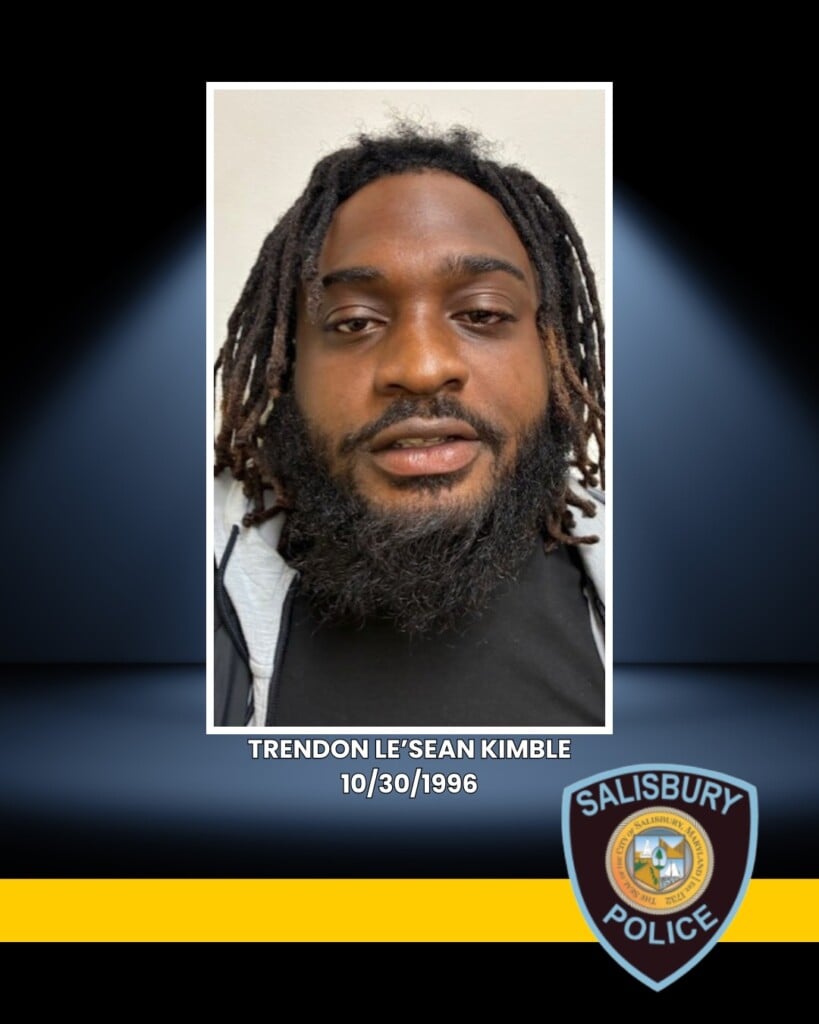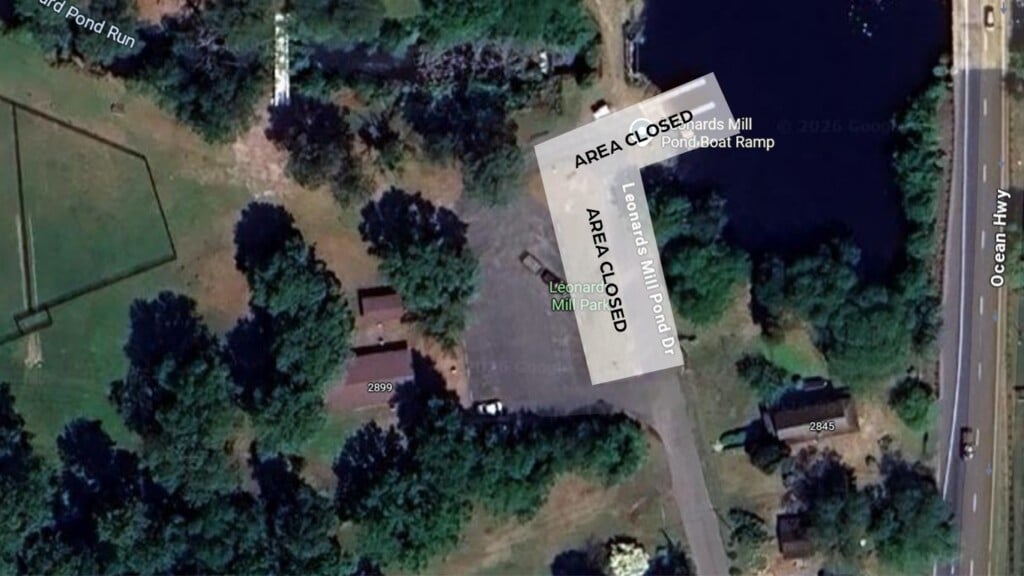$1M headed to DSU addressing college completion, financial barriers
DOVER, Del.- “People might know Sallie Mae as a leader in student lending, but our mission and our purpose is much greater than that,” Oakley said.
40 million students in the U.S. have some college experience but were unable to obtain their degree according to the National Student Clearinghouse Research Center.
Sallie Mae recently making a commitment of $1 million to Delaware State University with a goal of addressing barriers students face to complete their degrees. “We learned that students drop out without completing their bachelor’s degrees for various reasons from financial challenges, health issues, and changes in personal circumstances,” Jeffries said.
The money will go to support DSU’s three-year ‘Persistence and Completion’ Pilot Program. Assistant Dean for the School of Graduate, Adult, and Extended studies Terry Jeffries said they originally sought out 800 students who dropped out with 90 credits or more. “As you can imagine, students who have completed 90 credits are right there at the finish line to complete their bachelor’s degree, but life happened. Something happened,” she said.
The hope is to improve retention, increase completion, and ultimately graduation rates.
DSU told us the pilot program and research efforts originally started back in 2020. DSU also has a near completer program already in place that helps engage and reenroll students returning to school.
$125,000 has been earmarked to cover tuition and other fees for students. Funding will also be set aside to house a research fellow at DSU. “Our desire with this grant and partnership with Sallie Mae is to influence not only the students to come back to Delaware State but also influencing policy at the federal and state level,” Jeffries said.
Sallie Mae’s Director of Government and Community Relations Antoine Oakley told us their hope is to also change life outcomes. “Students that don’t complete their degree are more likely to earn less over their careers, are more likely to be in debt, and they more likely be unemployed,” he said.
The money comes from the Sallie Mae Fund, which Oakley said is a companion to the overall corporation and allows them to do more charitable work. The mission is to improve diversity in higher education, focus on access and completion, and support underrepresented students generally from marginalized communities.
DSU officials told us most of the students in the program participate virtually which has allowed for flexibility in the transition back to school. So far, DSU has successfully graduated 60 students from the program.
At the end of the three-year pilot, Sallie Mae plans to make policy recommendations which might serve as a blueprint for other HBCU’S and universities across the nation.


